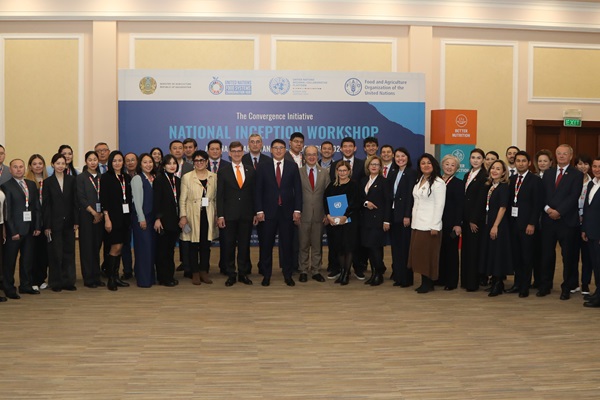SEED FUNDING JOINT PROGRAMMES
Rwanda
Resilient Food Systems: Enhanced Value Chain and Post Harvest Management





PROJECT TITLE | Resilient Food Systems: Enhanced Value Chain and Post Harvest Management |
| Context | Food systems transformation is embedded in several national policies in Rwanda, including the National Transformation Strategy, the Strategic Plan for Agriculture Transformation, the National Environment and Climate Change Policy. In 2021, Rwanda developed its National Pathway, which highlights four priority areas for the country towards 2030: ensuring food security and nutrition for all, while increasing demand for healthy diets; enhancing the environmental sustainability of food systems; improving livelihoods for farmers and all workers in food systems while building resilience to shocks; promoting inclusion of women and youth in food systems, including through enhanced financial opportunities. |
| PUNOs | FAO, WFP, IFAD |
| Contribution to SDGs | SDG 1 No Poverty; SDG 2 Zero Hunger; SDG 8 Decent Work and Economic Growth; SDG 13 Climate Action |
| Contribution to other SDG transitions | Decent Jobs and Universal Social Protection; Energy Access and Affordability |
| Duration | July 2024 – June 2025 |
| Expected financial leverage | $ 3,070,000 |
| Alignment with SG Call to Action | Policy integration; Food systems governance; Research, data, technology and innovation; Inclusive and participatory design; Private sector engagement |
| Outcomes | The JP leverages on improved post-harvest management as a strategic approach to simultaneously reduce food loss, improve incomes, and boost food availability. The JP promotes the economic integration of youth-led MSMEs and builds linkages with partners and initiatives focused on nutrition and food security to connect the dots between food production, processing and consumption. |
| Partners |
|
| Outputs |
|

Healthy diets, sustainable futures: Bridging nutrition, biodiversity, and climate
11/12/2024
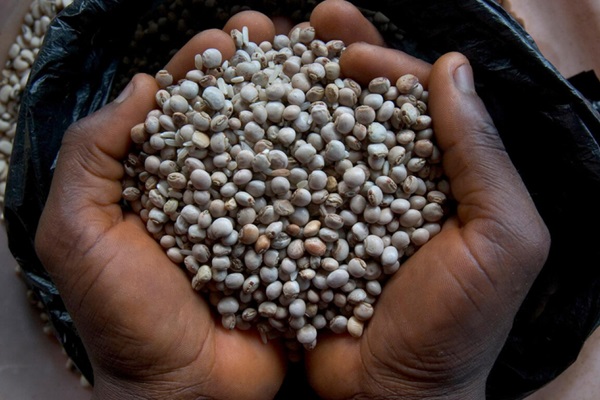
Webinar Dietary guidelines: The next generation takes on sustainability
10/12/2024
The webinar, co-organized by the HDSFS and the SUN Movement Secretariat, emphasized a shift towards food systems-based dietary guidelines with sustainability focus.

BPDA Platform and Aliénor Consulting hosted the webinar Agricultural Credit Guarantee Mechanisms
10/12/2024
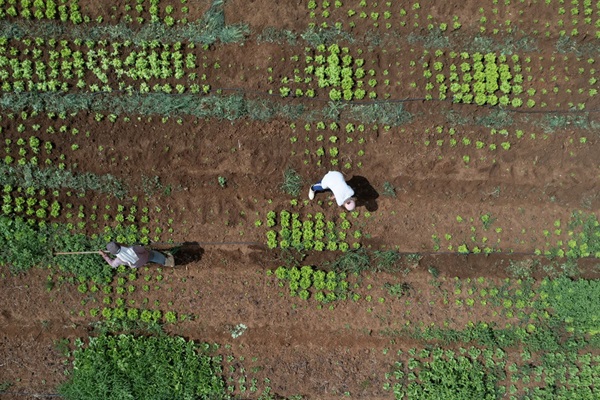
New mapping tool launched by the IFAD-hosted Agri-PBD Platform
10/12/2024
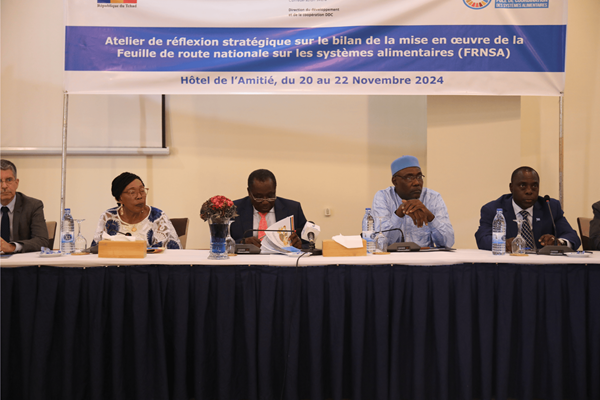
Strategic reflection workshop on the implementation of Chad's national food systems transformation pathway
02/12/2024

The Agroecology Coalition is at COP16 on desertification
02/12/2024
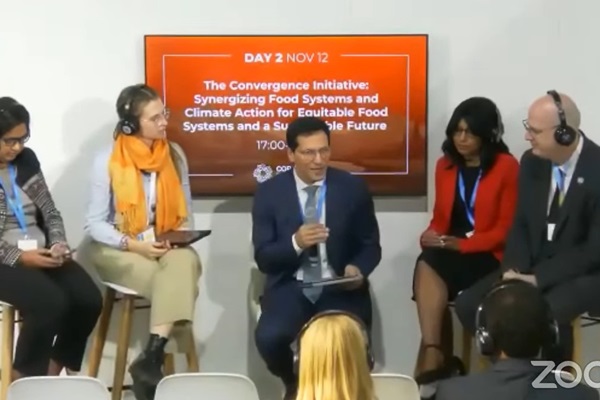
Converging food systems and climate action: Insights from COP29
29/11/2024
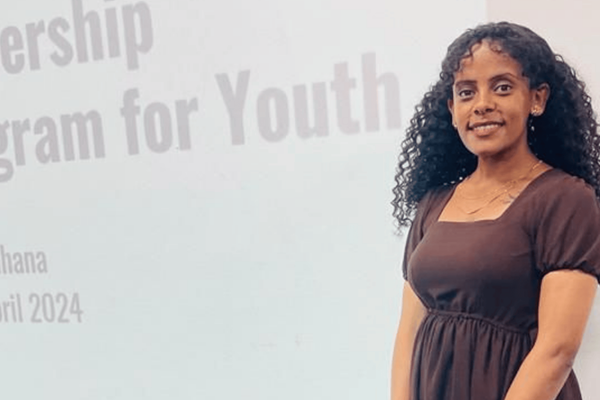
A leaf with a legacy: How Dina Kassa Kebede is revitalizing a forgotten plant for sustainable nutrition
28/11/2024
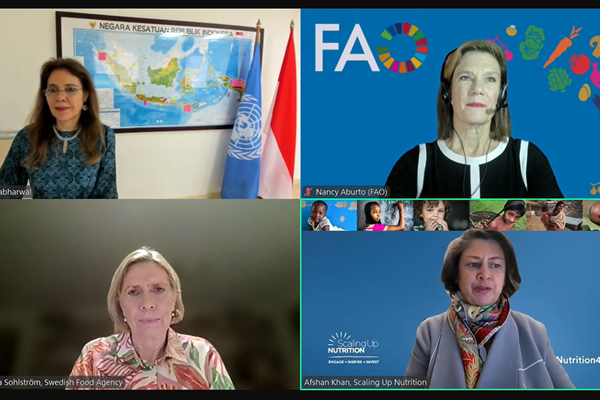
COP29: Bridging food systems, nutrition, and climate action
27/11/2024
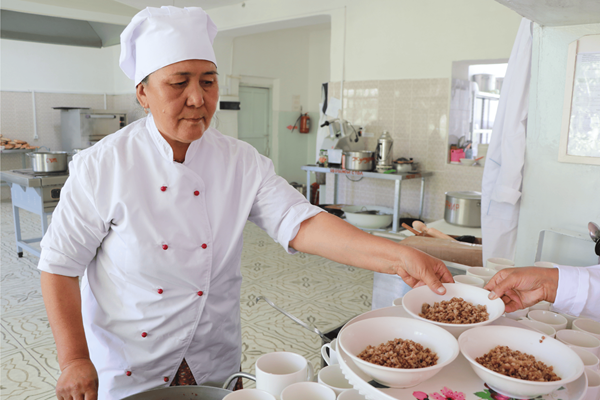
From farms to classrooms: How public-private partnerships are transforming food systems in the Kyrgyz Republic
26/11/2024

IFAD, World Bank and GAIN scale up efforts to bolster transparency in food systems financing
21/11/2024
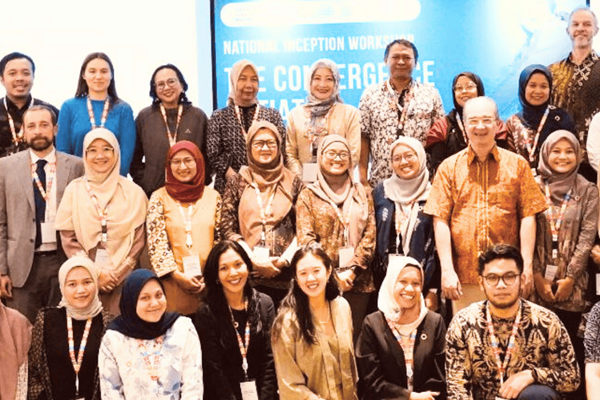
Indonesia launches the Convergence Initiative in Asia-Pacific
18/11/2024
Indonesia becomes the first Asia-Pacific country to operationalize the Convergence Initiative, hosting a collaborative workshop to align food systems transformation with climate action goals through the development of a Convergence Action Blueprint.

New technologies catalog for sustainable food systems in the Asia-Monsoon region
18/11/2024

New technologies catalog for sustainable food systems in the Asia-Monsoon region
18/11/2024
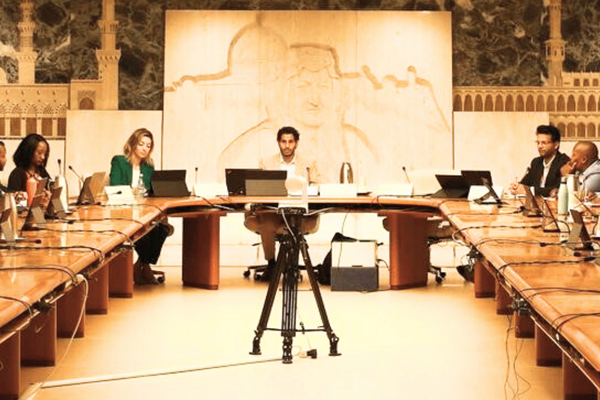
Insights from the UN World Food Forum Side Event: Leveraging international processes for youth empowerment
15/11/2024
TMG Research, with support from the German Federal Ministry for Economic Cooperation and Development (BMZ), hosted a side event at the World Food Forum to examine the critical role of youth in global food systems discussions, challenging tokenistic youth engagement. The event highlighted the Hub's Youth Leadership Programme (YLP), which equips young people to engage meaningfully with national governments on food systems transformation, empowering them to drive impactful change from both top-down and bottom-up approaches.
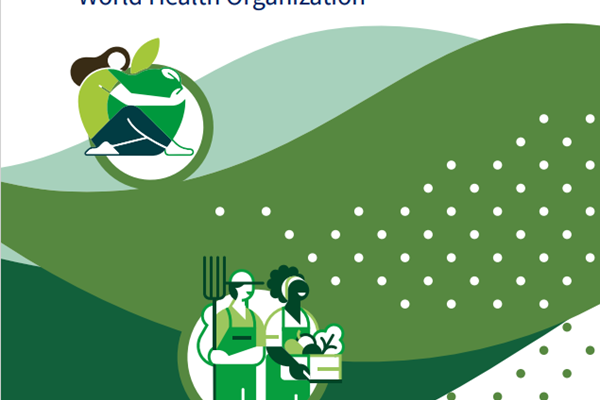
What are healthy diets? Joint statement by the Food and Agriculture Organization of the United Nations and the World Health Organization.
11/11/2024
In this document the Food and Agriculture Organization of the United Nations (FAO) and the World Health Organization (WHO) have formulated principles of what constitute healthy diets, underpinned by guidelines and other normative elements developed by the two Organizations. The principles provide the basis for the design of policies aimed at improving diet and for the assessment of the healthiness of diets.
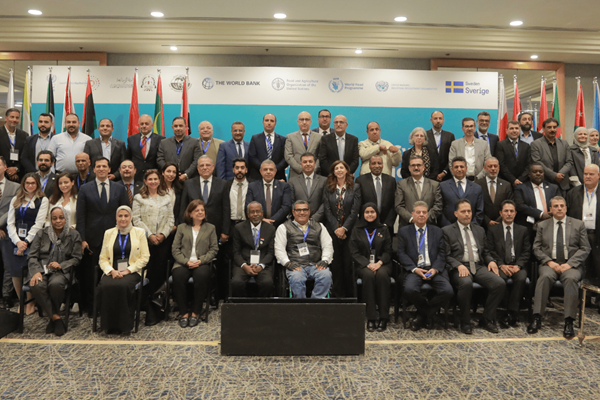
Arab ministers welcome the Convergence Initiative in Amman Declaration
05/11/2024
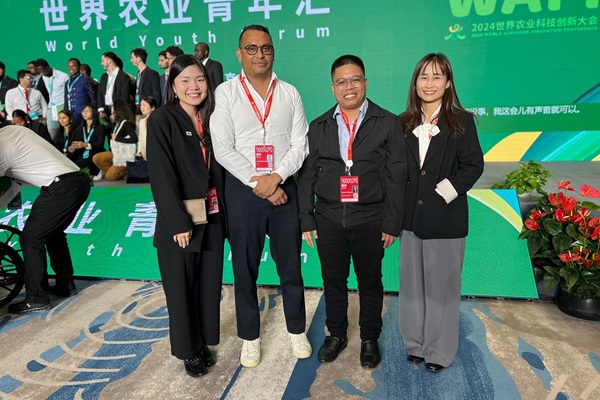
Youth take the stage at WAFI 2024
04/11/2024
At WAFI 2024, alumni from the Hub’s Youth Leadership Programme shared powerful stories and bold ideas, underscoring the essential role of youth in driving food systems transformation to tackle climate and sustainability challenges.
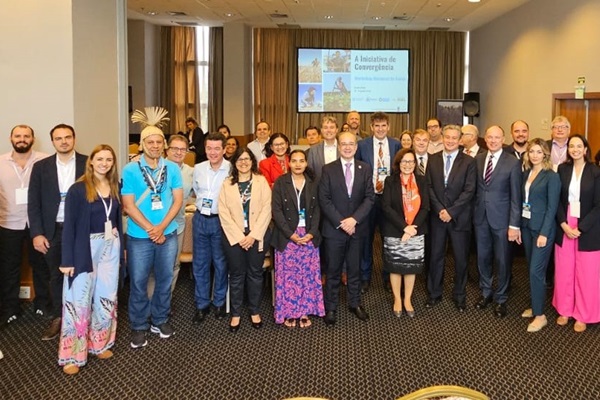
Workshop in Brasilia addresses food systems and climate change
01/11/2024
